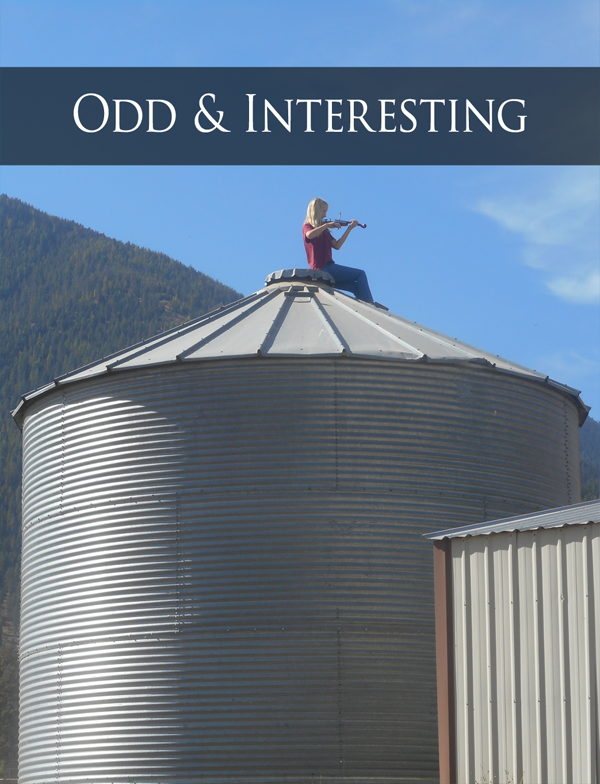Don’t Just Stand There. Do Something!
Brent Kerns has four working cow horses. Two of them are buddies, and can always be found together. On the morning of March 7, 2010 he had just finished feeding them when he noticed one of the two buddies acting very oddly. The horse wasn’t eating. Instead it was pawing the ground, stretching out its neck, and being very agitated. Instead of continuing on with his round of chores, Brent lingered to observe the horse. What could the matter be? Was it sick? He watched to see if it would kick at its stomach, which would indicate a case of colic. The horse didn’t exhibit that symptom. The horse just ran around, pawed determinedly at the ground, and kept stretching its neck out.
For perhaps five minutes Brent observed the horse. It was so agitated that it didn’t even attempt to take a bite of hay. The other three horses were calmly standing at the hay and eating—or so he thought.
Finally the agitated horse ran up to its buddy, stretched its head and neck out toward its friend, pawed the ground three times, and backed up five feet. Getting no response from Brent, it repeated the same actions again.
Suddenly Brent understood. The horse’s friend was in trouble. The horse was standing there trembling and sweating profusely. As Brent turned his attention to it, the horse went down. Brent ran over to the horse and put his hand on its throat. It was choking, and was in great distress.
The pawing, agitated horse, seeing that Brent finally understood and was going to help, went to eating hay. Brent called a veterinarian who arrived in just a few minutes.
The vet was able to use a rod to ram the wad of hay on down the horse’s throat.
“You’re lucky,” the vet said. “Usually we just find these horses dead.”
Brent does not consider the event “lucky.”
“Amazing” is the word he used.
